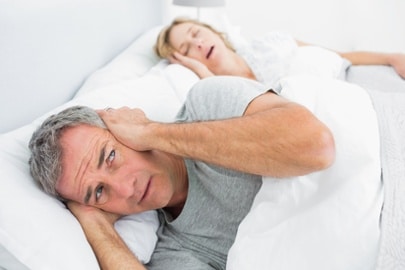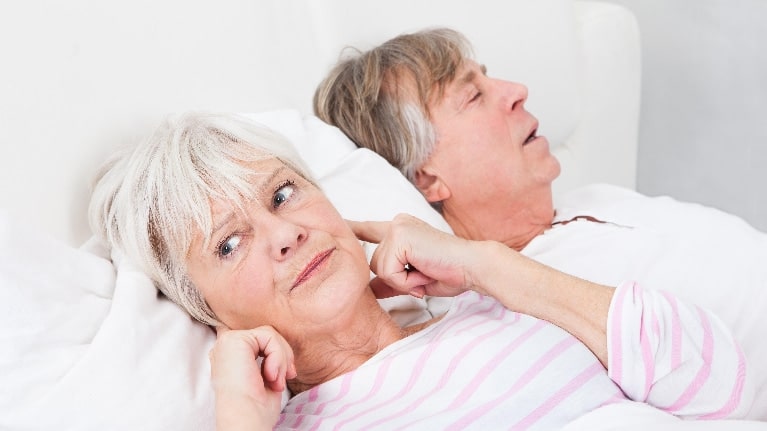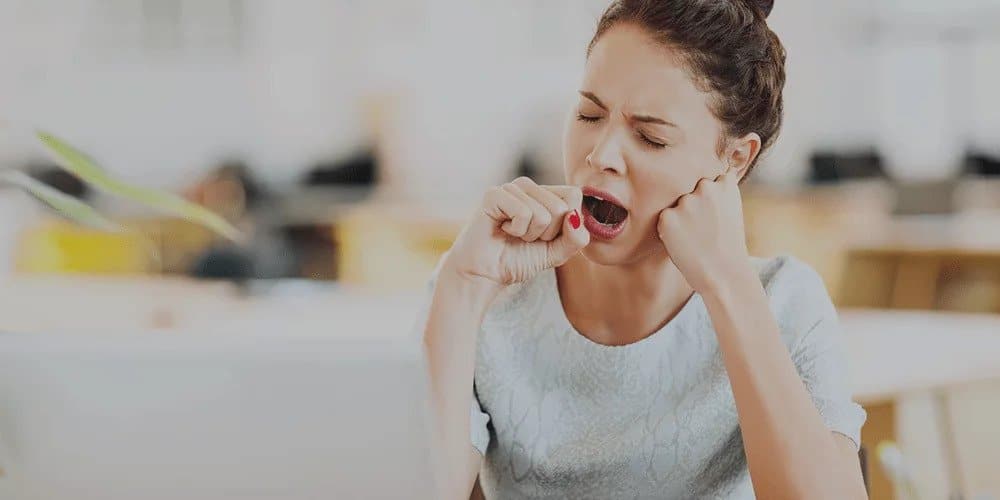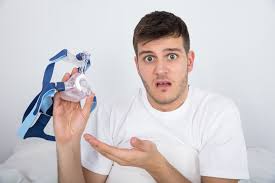Separating Fact from Fiction
Sleep apnea affects millions of Americans, but unfortunately, myths about this condition still abound. It’s crucial to get the real facts about this sleep disorder, which will not only rob you of a good night’s sleep but can also be life-threatening. Don’t let myths about sleep apnea put your health on the line. Here are some common myths and the real facts you need to know about this common sleep disorder.
Myth: Sleep apnea is another name for snoring.

People with sleep apnea do snore, but the condition is much more serious. With sleep apnea, people actually stop breathing while they are asleep – often hundreds of times per night. They then wake up to gasp for air and fall back asleep, only to repeat the cycle over and over. If you hear someone snore, then stop and gasp, they could have sleep apnea. It is possible, however, to snore and not have sleep apnea. Snoring is an associated symptom but is not the same thing, and does not always mean that someone has sleep apnea.
Myth: You would know if you had sleep apnea.

Many people who suffer from obstructive sleep apnea have no idea they have it. The periods of waking during apnea episodes are so fast that most people don’t know they are happening. Typically, people with undiagnosed sleep apnea have extreme, unexplained fatigue and may seek a sleep study for that reason. Often, sleep apnea is diagnosed after someone’s partner tells him or her about the episodes.
Myth: Sleep apnea only makes you tired.

The repetitive cycle of wake-sleep-wake takes it toll on both mind and body. Sleep apnea robs sufferers of essential rest. As a result of poor sleep, they experience an increased risk of heart disease, obesity, type 2 diabetes, anxiety, and depression. They also have an increased risk of accidents because of their fatigue. Sleep apnea is an extremely dangerous disorder that requires CPAP treatment or oral appliance therapy.
Myth: Sleep apnea only affects older adults.

It you are under the age of 40, you are statistically less susceptible to sleep apnea. However, risk factors at any age include being overweight and a family history of sleep apnea. Research shows the disorder affects men, as well as those of African-American descent, disproportionately. Sleep apnea even affects almost 1 out of every 10 children! Thankfully, for most youth, it is a stage they outgrow.
Myth: CPAP machines are loud and uncomfortable.

Modern CPAP masks aren’t what they used to be. As technology has evolved, CPAP machines have become quieter, smaller, and more efficient. Numerous mask options are available today, from lightweight nasal pillows to full mask options. And if CPAP just doesn’t work for you, dental sleep medicine might be the answer for you! Customized oral appliances are an effective, non-invasive treatment that works effortlessly with any lifestyle.
Sleep Dynamics & You
Get real about the dangers of sleep apnea. Call Sleep Dynamics if you believe you could be suffering from this or another undiagnosed sleep disorder. Help and medical advice is available by calling our center for sleep testing in Neptune City at (848) 217-0240, or reach our Middletown location at (732) 361-6855.



